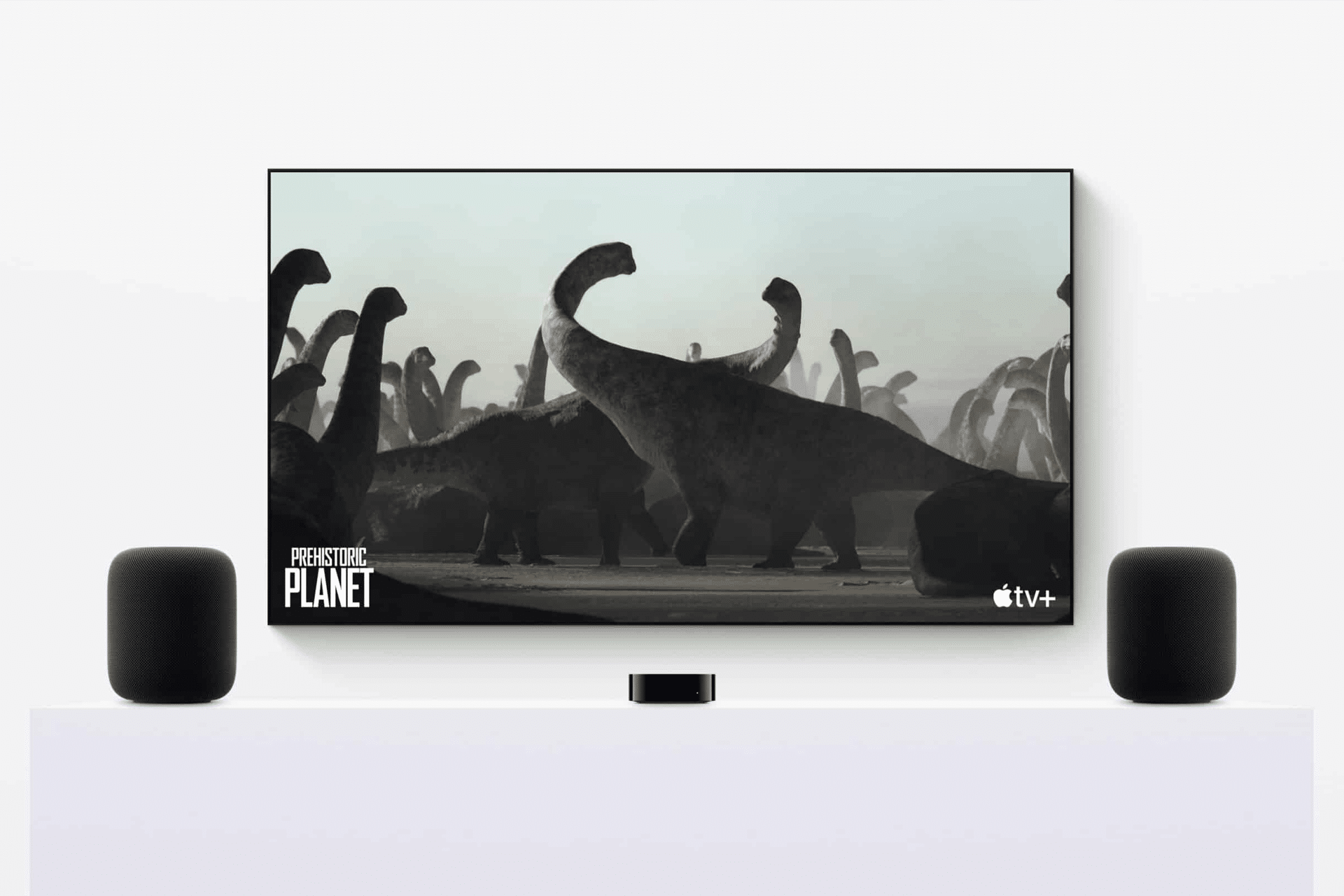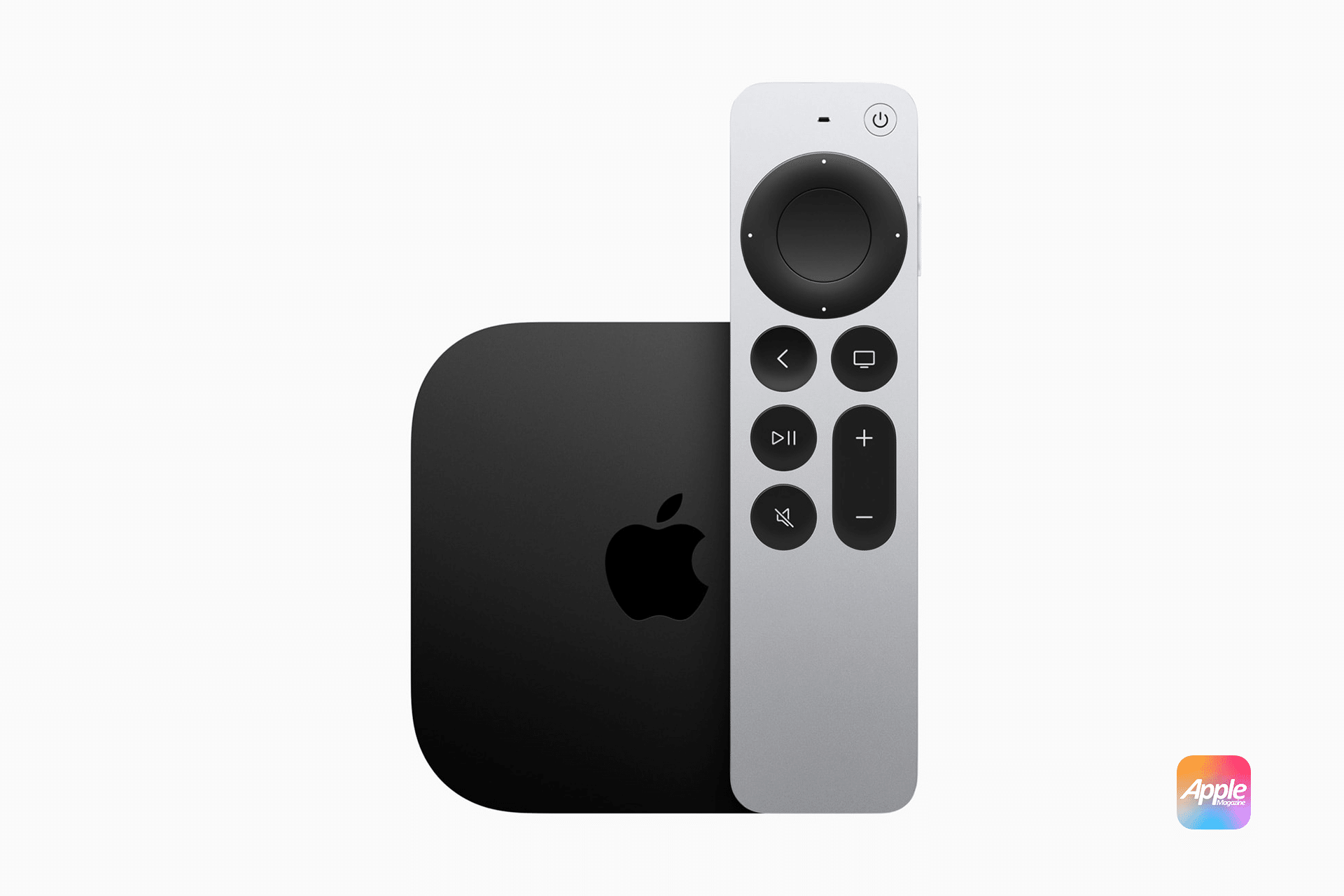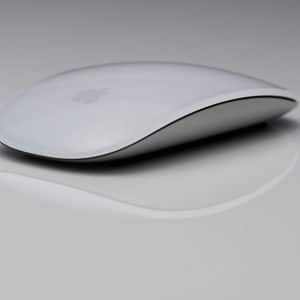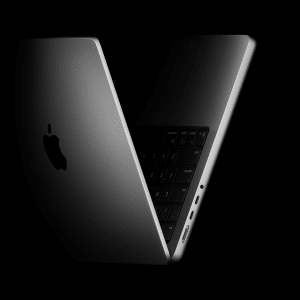The A17 Pro chip is at the heart of the new Apple TV 4K’s appeal. Designed with a 3-nanometer process, this processor delivers substantial improvements in speed and efficiency compared to the A15 Bionic in the current model. The A17 Pro’s six-core CPU and five-core GPU enable it to handle demanding tasks, such as rendering high-quality graphics for console-level games or processing complex AI-driven features. For users, this means smoother navigation through tvOS, faster app launches, and the ability to run graphically intensive titles like Resident Evil 4 with advanced effects like ray tracing. The chip’s enhanced neural engine also supports Apple Intelligence, opening the door to smarter voice interactions with Siri and personalized content recommendations.
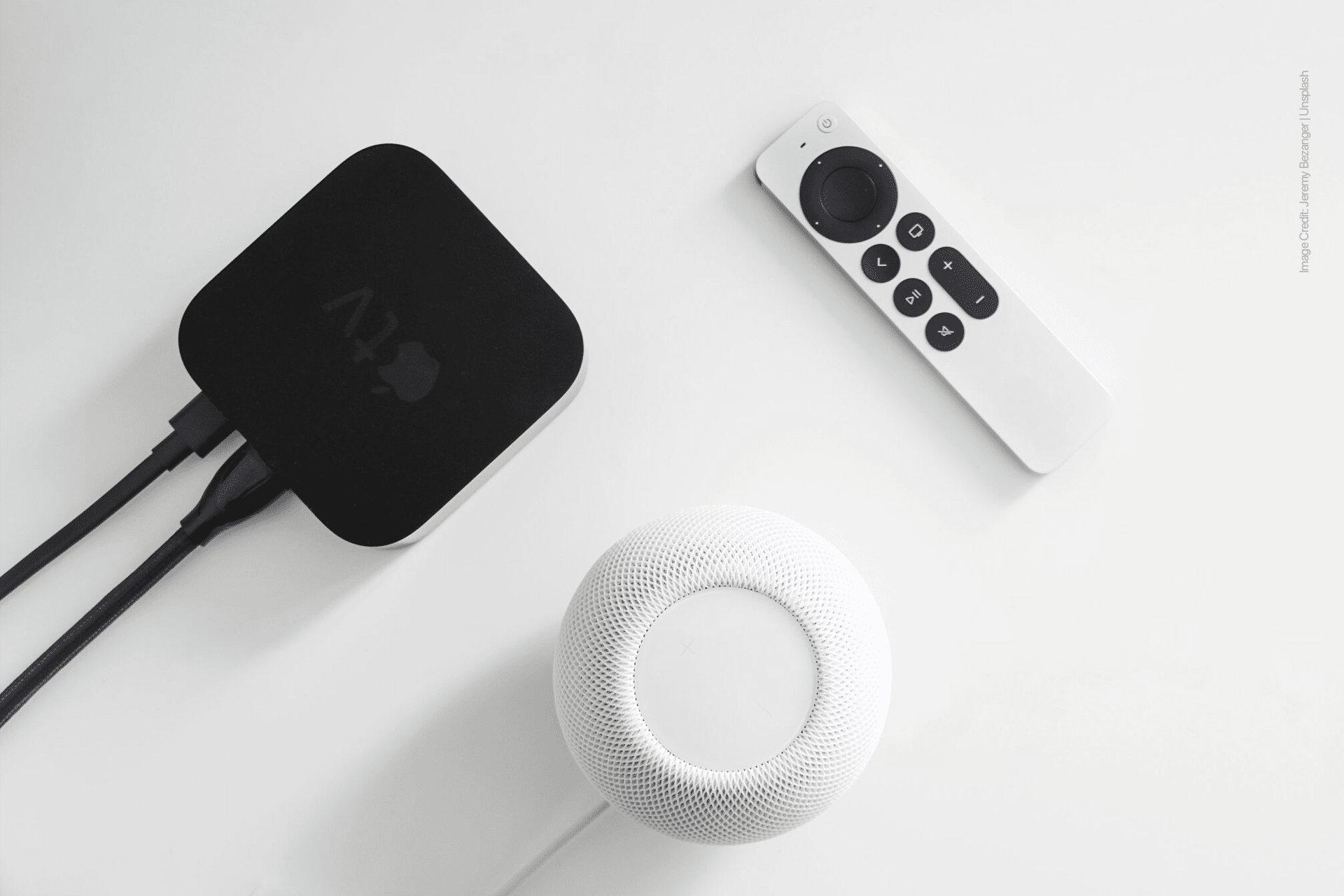
Enhanced Connectivity with a Custom Chip
Beyond raw processing power, the upcoming Apple TV 4K is expected to feature a new Apple-designed Wi-Fi and Bluetooth chip, codenamed Proxima. This marks a shift from the Broadcom chips used in the current model, promising tighter integration with Apple’s ecosystem. The new chip is likely to support Wi-Fi 6E or even Wi-Fi 7, offering faster and more reliable connections on the 6GHz band, which reduces interference and boosts bandwidth. This upgrade could improve streaming quality, especially for 4K HDR content, and enhance responsiveness for smart home devices when the Apple TV acts as a Matter-compatible home hub. The inclusion of Bluetooth 5.3 could further improve connectivity with accessories like AirPods or game controllers, making the device more versatile.
What Else to Expect
While the A17 Pro and custom connectivity chip are the headliners, other details about the new Apple TV 4K remain sparse. The design is expected to retain the sleek, minimalist black plastic chassis of the current model, prioritizing continuity over a visual overhaul. There’s speculation about a potential price drop, with industry analyst Ming-Chi Kuo suggesting Apple may target a sub-$100 price point to compete with budget-friendly streaming devices like Roku or Amazon Fire TV. However, the current model’s starting price of $129 for 64GB of storage may remain, with the older version possibly discounted to clear inventory. One rumored feature—a built-in FaceTime camera—hasn’t been confirmed, but recent tvOS updates hint at potential support, which could enable video calls without relying on an iPhone’s Continuity Camera.
Impact on Entertainment and Smart Homes
The upgraded Apple TV 4K is poised to strengthen its position as a hub for both entertainment and smart home control. The A17 Pro’s ability to handle console-quality games could attract gamers looking for a compact, living-room-friendly platform, especially with the growing library of Apple Arcade titles. Meanwhile, Apple Intelligence integration could make Siri more conversational, helping users find shows or control smart home devices with greater ease. For example, asking Siri to recommend a movie based on mood or to dim the lights during a film could feel more natural and responsive. The improved Wi-Fi chip also enhances the device’s role as a Thread-enabled home hub, ensuring faster communication with Matter-compatible devices like smart lights or thermostats.
A Strategic Launch Window
Apple is expected to unveil the new Apple TV 4K later this year, potentially alongside its September iPhone event, though a later announcement in October or November is also possible. This timing aligns with Apple’s broader product refresh cycle, which includes new iPhones, Apple Watches, and possibly an updated HomePod mini. The focus on performance and connectivity upgrades positions the Apple TV 4K to compete not just with other streaming devices but also as a central pillar of Apple’s vision for integrated home entertainment and automation. As the company continues to refine tvOS and expand Apple TV+ content, this hardware refresh ensures the device remains a compelling choice for tech-savvy households.
